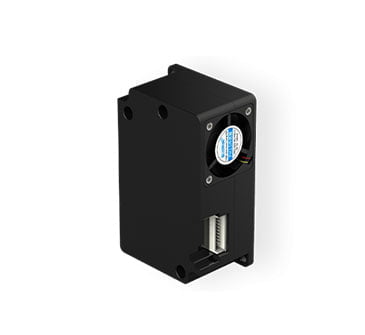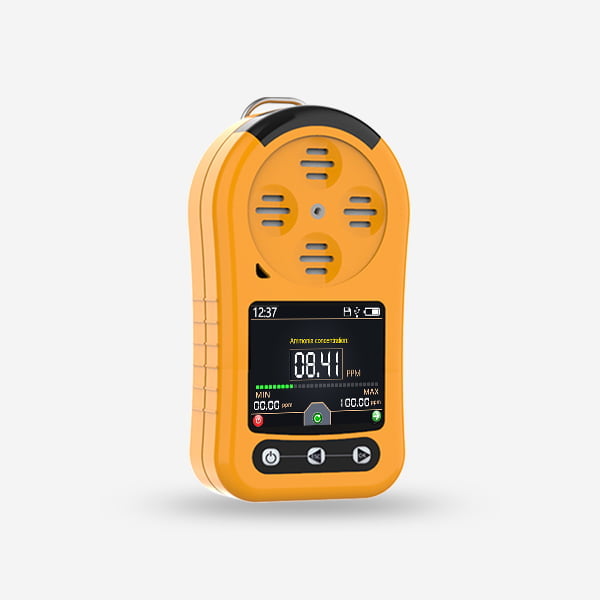Selecting a portable gas detector is a critical decision that can have a significant impact on the safety and well-being of workers in various industries. With the increasing importance of gas detection in ensuring workplace safety and compliance with regulations, choosing the right portable gas detector is essential.
In this article, we will explore the key factors to consider when selecting a portable gas detector, including sensor technology, gas detection capabilities, features, and user requirements.
Understanding Portable Gas Detectors

Portable gas detectors are compact, handheld devices designed to detect and monitor the presence of hazardous gases in the environment. These devices are commonly used in industries such as oil and gas, mining, manufacturing, and confined space entry to protect workers from exposure to toxic. Portable gas detectors typically feature one or more sensors that can detect specific gases or a range of gases, depending on the application requirements.
Consider When Selecting a Portable Gas Detector
Gas Detection Requirements:
- Identify the types of gases that need to be monitored in your work environment. Consider whether the detector needs to detect toxic gases, combustible gases, oxygen levels, or a combination of gases.
- Choose a portable gas detector with sensors that are sensitive and specific to the target gases present in your workplace to ensure accurate.
Sensor Technology:
- Consider the sensor technology used in the gas detector. Common sensor technologies include electrochemical, semiconductor, infrared, and catalytic sensors, each with its advantages and limitations.
- Select a sensor technology that is suitable for the gases you need to detect, taking into account factors.
Detection Range and Sensitivity:
- Evaluate the detection range and sensitivity of the gas detector for each target gas. Ensure that the detector can detect gases at concentrations relevant to your work environment and regulatory requirements.
- Choose a detector with adjustable alarm levels and clear indication of gas concentrations to provide timely warnings to users in the event of gas leaks .
Features and Functionality:
- Consider additional features and functionality that may enhance the usability and effectiveness of the portable gas detector. Look for features such as datalogging capabilities, real-time monitoring, audible and visual alarms,for durability in harsh environments.
- Select a detector with user-friendly controls, intuitive interface, and easy calibration procedures to facilitate operation in the field.
Battery Life and Power Options:
- Evaluate the battery life and power options of the portable gas detectors to ensure continuous operation during work shifts or emergency situations. Choose a detector with a long battery life or replaceable batteries for extended use.
- Consider power-saving modes or external power sources for extended monitoring in remote or dangerous areas that may have power.
Cost and Budget:
- Consider the cost of portable gas detector, including initial purchase price, maintenance, calibration, and sensor replacement costs over the device’s lifespan. Balance the features, performance, and reliability of the detector with your budget constraints.
- Compare different models, suppliers to find a portable gas detector that offers the best value for your specific application .
Conclusion
Choosing the right portable gas detector is critical to ensuring worker safety in hazardous environments. Because gas exposure poses a risk. By considering gas detection requirements, sensor technology, detection range , we can choose a portable gas detector that meets our needs. Investing in high-quality, reliable gas monitors is essential to protect workers and maintain the working environment.





